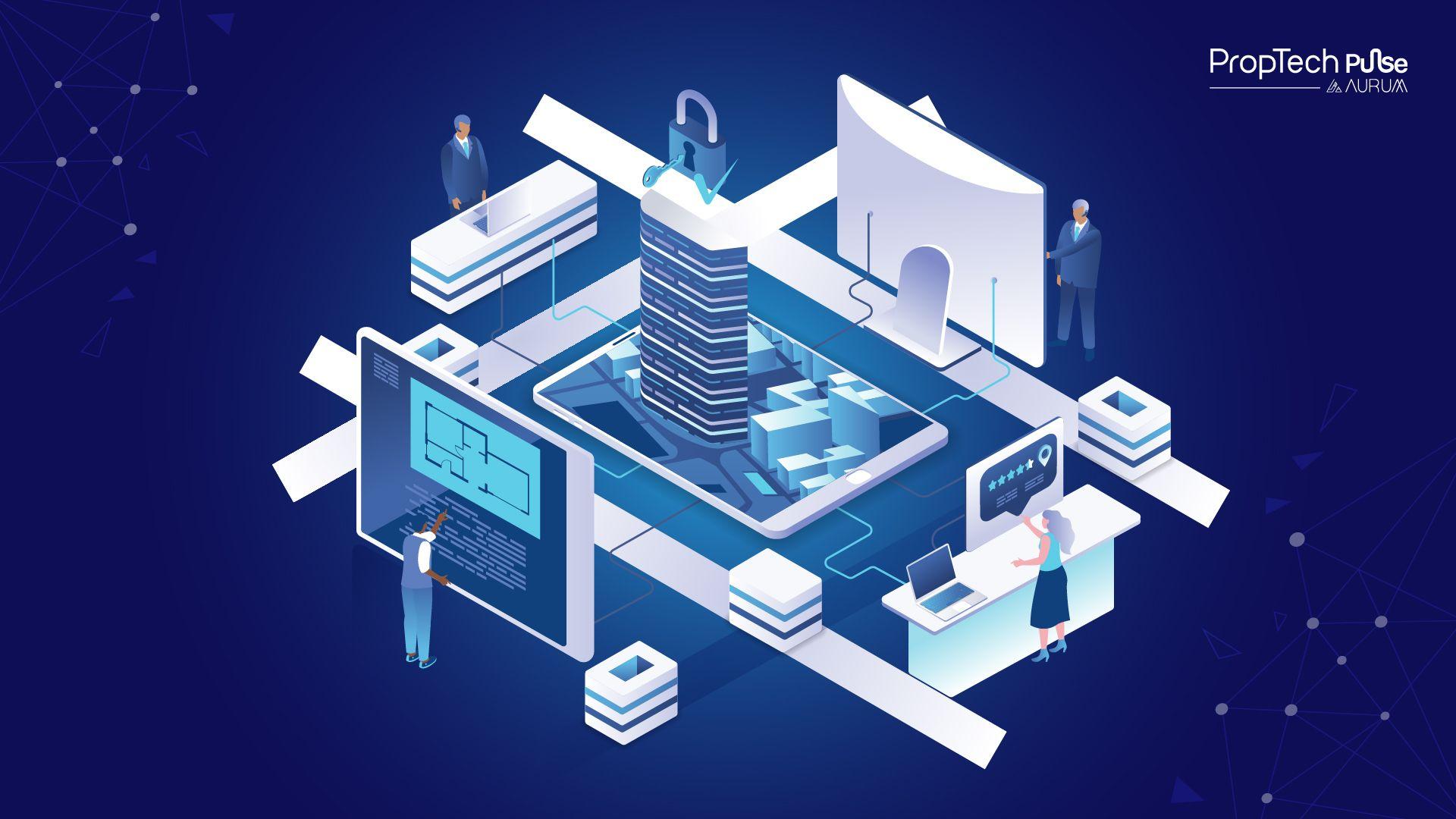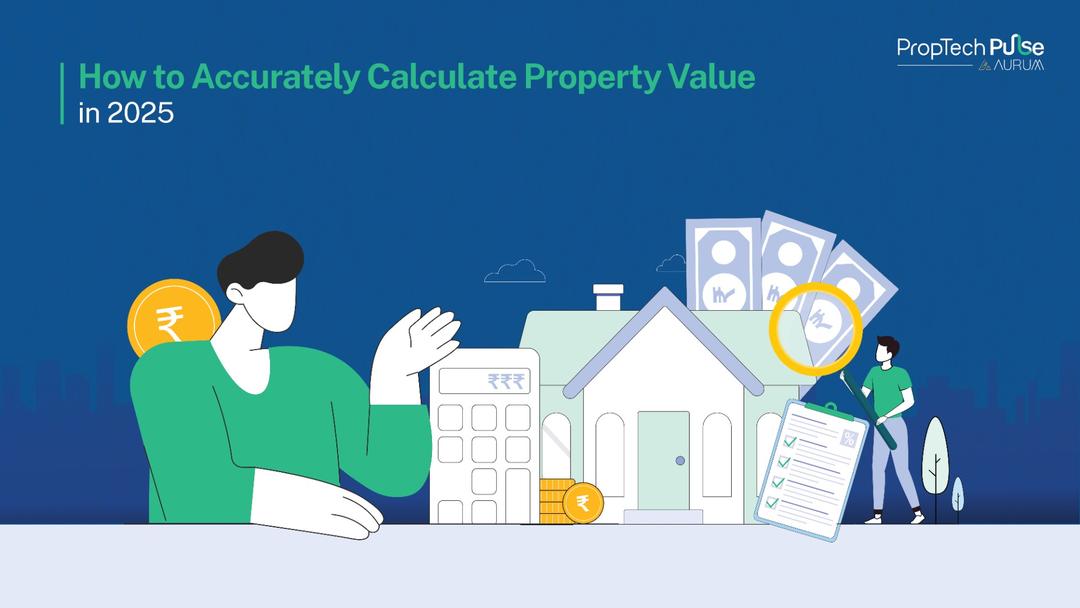Digital Transformation

Digital Twins in Real Estate
-
Introduction to Digital Twins
Digital twins are virtual replicas of physical assets, systems, or processes. In real estate, they integrate data from sensors, IoT devices, and building management systems to mirror the physical condition and performance of a property in real time.
-
Evolution in the Real Estate Sector
Initially used in manufacturing, digital twins are now transforming real estate by enhancing operational efficiency, reducing costs, and improving tenant experiences. Their adoption marks a shift toward data-driven property management.
-
Benefits of Digital Twins
They enable predictive maintenance, improve energy efficiency, and provide better decision-making tools. Real estate developers and property managers use digital twins to monitor asset health, forecast repairs, and optimize space utilization.
Real-World Use Cases of Digital Twins
-
Urban Planning and Infrastructure Development
Cities are using digital twins for smarter urban planning. They can design more sustainable, efficient cities that cater to current and future needs by simulating traffic, transportation, and energy use.
-
Property Maintenance and Cost Optimization
Commercial property owners use digital twins to track building conditions and optimize maintenance. Sensors in systems like HVAC detect issues early, allowing for cost-effective repairs before problems escalate.
-
Virtual Showcasing for Marketing and Sales
Real estate agents use digital twins to offer virtual property tours. This allows potential buyers to explore properties interactively and make faster decisions, reducing the need for physical visits.
Challenges in Implementing Digital Twin Technology
-
High Initial Investment Costs
Setting up a digital twin requires significant upfront investment in hardware, software, and sensors. Small and medium-sized enterprises may find this cost prohibitive, even though the long-term benefits justify the investment.
-
Data Integration and Security Concerns
Integrating data from different sources and ensuring data security can be challenging. Real estate organizations need to have robust systems in place to handle this integration while protecting sensitive information.
-
Technical Expertise and Infrastructure Requirements
Building and maintaining a digital twin requires specialized knowledge and infrastructure. Many real estate companies may need to invest in training or hire external experts to handle this technology.
-
Scalability Across Property Types
What works for one property type may not work for another. Adapting digital twin solutions to suit different building sizes, ages, and layouts can be difficult, especially when managing a diverse property portfolio.
Future of Digital Twins in Real Estate
-
Role of AI and 5G in Enhancing Digital Twins
AI and 5G will make digital twins even more powerful by enabling real-time data processing and advanced predictive capabilities, improving building management and operational efficiency.
-
Integrating Sustainability and Carbon Footprint Reduction
Digital twins will help real estate companies track energy consumption and reduce carbon footprints. By optimizing building operations, they will support sustainability efforts and promote green building practices.
-
Expanding Applications with PropTech Innovations
With the growth of PropTech, digital twins will find new applications. Combining them with technologies like blockchain and smart contracts could transform property transactions and enhance operational efficiency.
-
Enhancing Tenant Experience through Personalization
By leveraging real-time data and AI, building managers can offer tailored services such as customized climate control, optimized space usage, and real-time issue resolution, ultimately improving tenant satisfaction and retention.
Conclusion
Digital twins are increasingly reshaping the real estate industry by providing real-time insights, enhancing operational efficiency, and improving tenant satisfaction. With technologies like IoT, AI, and 5G continuing to evolve, digital twins offer a way to optimize building performance, streamline property management, and foster sustainability.
Companies like Aurum Proptech are helping to bring these advancements to life, offering solutions that integrate digital twin technology to improve the way real estate is managed and developed. By leveraging these tools, they support smarter, more efficient properties, making digital twins a valuable part of the real estate landscape's future.
Unlock the Latest in Real Estate
News, Infographics, Blogs & More! Delivered to your inbox.
“Data that drives action. Insight that inspires action. Technology that empowers action.“
“Data that drives action.
Insight that inspires action.
Technology that empowers action.“









